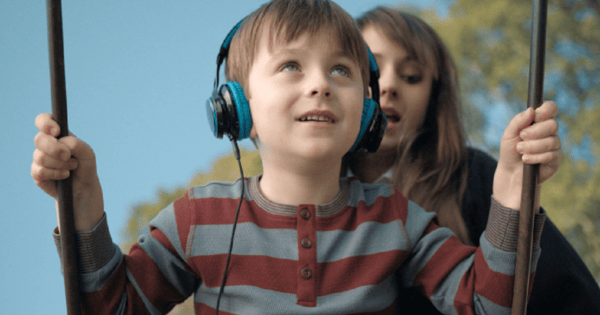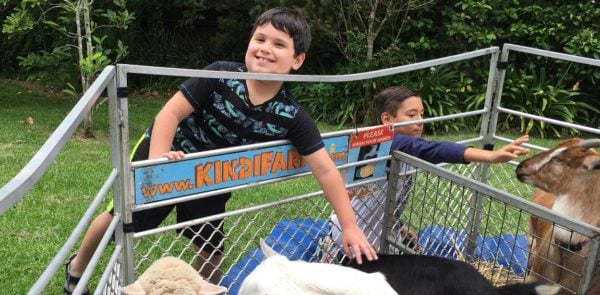Cases of autism used to be rare, but in the past few years the number of confirmed Autism Spectrum Disorder (ASD) diagnoses in Australia has risen so dramatically the medical community has been left scrambling to explain why.
The Australian Bureau of Statistics (ABS) reported “enormous” growth in the number of people with autism from 2009 and then 2010 through its Survey of Disability, Ageing and Carers (SDAC). It showed that in 2012 an estimated 115,400 Australians were diagnosed with ASD, a 79% increase since 2009 when the figure was 64,400.
Autism is the largest “disability” group accessing the recently launched National Disability Insurance Scheme (NDIS) in Australia, with 31% of NDIS participants seeking funding for autism.
In the US diagnoses of autism has increased by 78% in the past decade.
Perhaps this huge increase is the reason the myth that vaccinations caused autism lived on for so long and continues to be spread, despite being disproved by the medical community time and time again. With no explanation as to why so many children were being diagnosed with autism, people simply latched onto any explanation they could, no matter how completely wrong, misleading and damaging it was.



Top Comments
'Evolutionary superior human being'? I wouldn't want my child to ever think that. I would simply encourage him to be the best he can be. Have you read the scientific literature? It's a neurological disorder. A disability like any other. And just as being be deaf or disabled doesn't make anyone less nor does it make them more. It makes them human and that's what we need to hold onto and cherish and nourish. His humanity.
Actually all of those things can contribute to the increase of the rates of Autism and have been proven in many studies and reports.
I personally know someone who sought the help of no fewer than 3 psychologists so she could have her daughter diagnosed as Autistic. Don't get me wrong - I know sometimes you do need to look farther afield for the proper help but that's not what she was doing. She wanted 1. an excuse for her child being naughty and 2. funding... it's all about money for her and she is a pro at scamming the system & I would bet my house on the fact that she is far from the only one.
If you have any sort of body issue you just have to eat a different diet to realise that a lot of the time it is diet. For example a small boy i knew had SEVERE anger problems and very bad skin issues... All his mother did was cut back to basics and went from there reintroducing foods. It seemed like overnight he became the most loving, gentle, happy little boy & very quickly his skin cleared up - for him it was artificial preservatives and to this day 20 years on he has adverse affects if he eats them,
This isn't to say that this is all people. Please don't misunderstand me because there are obviously A LOT of people who DO have autism, they DO need help & guidance and support etc etc etc I'm just highlighting that there are cases that do those people a disservice because once people see one person taking advantage of the system it brings doubt to them all and also takes away resources that could go to those who are truly in need